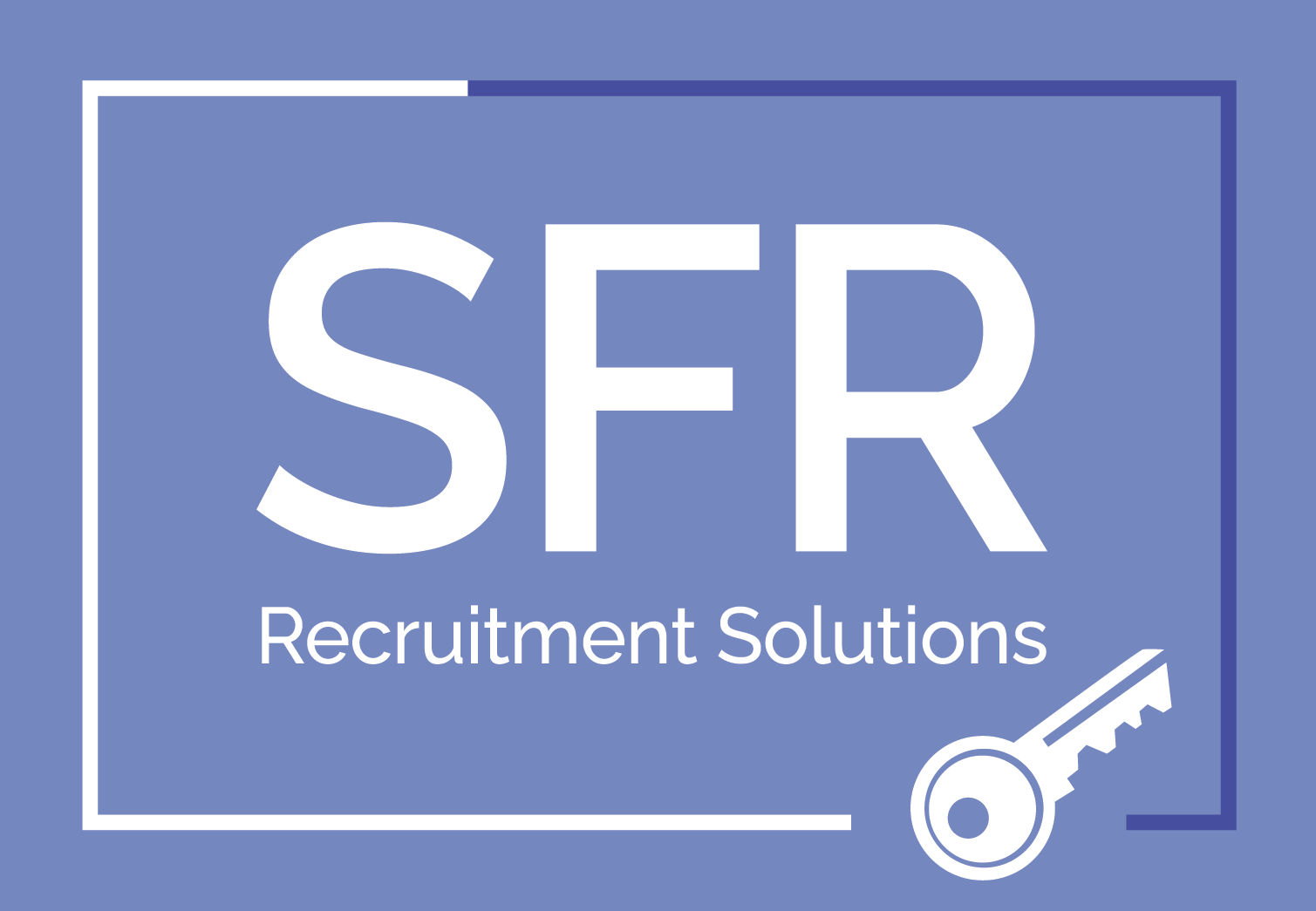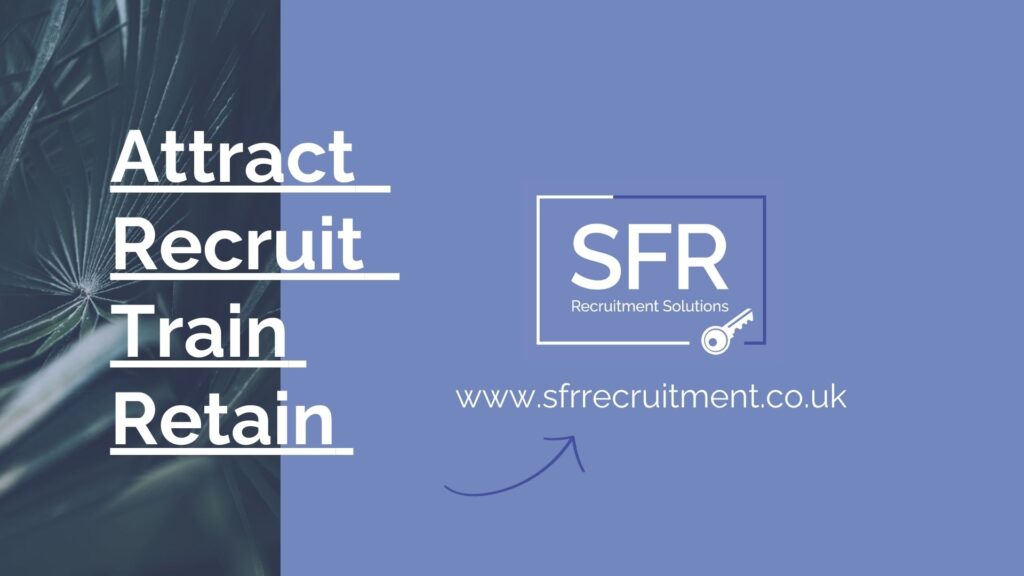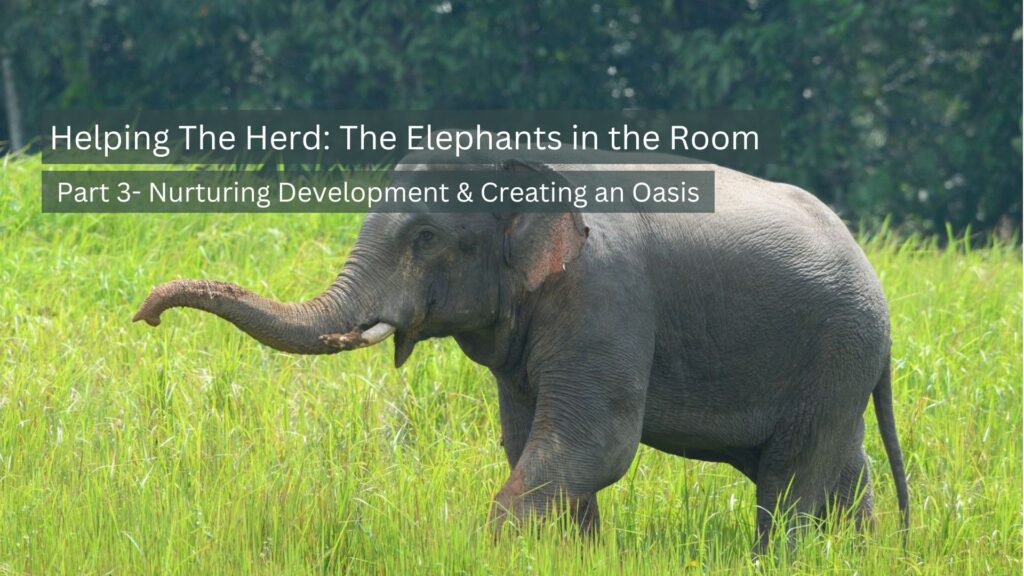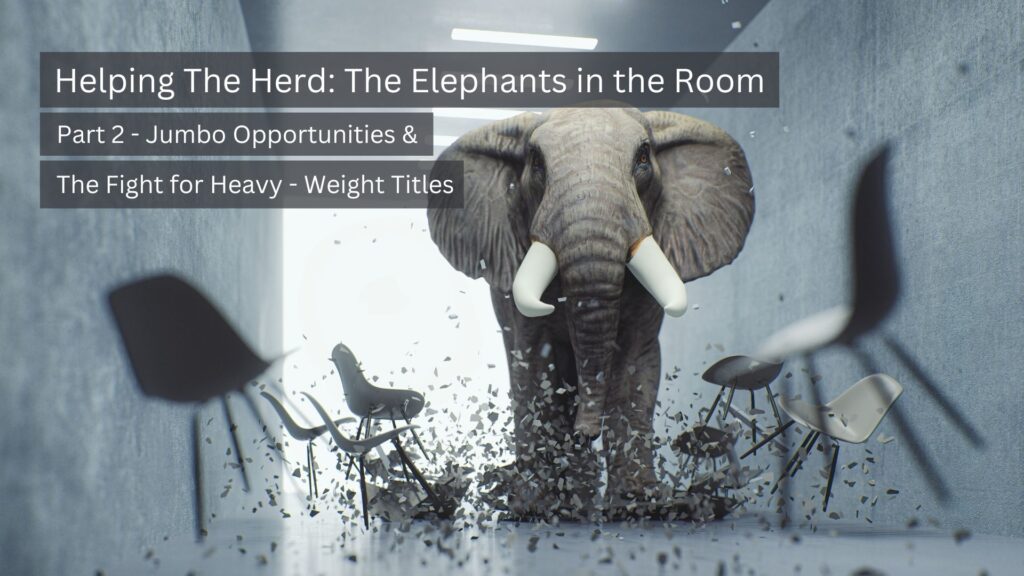Mastering the Art of Interview Preparation: “Your Key to Success”
Interview preparation is vital as it allows you to showcase your skills and qualifications effectively, understand the company and role better, anticipate questions and articulate your experiences concisely. By preparing thoroughly, you can boost your confidence, demonstrate your interest and suitability for the position and leave a lasting positive impression on the interviewer, thus significantly impacting the outcome of the interview in your favour.
Research the Company:
Researching a company and its culture before an interview is crucial as it helps you understand the company’s values, goals, work environment and expectations. This knowledge allows you to tailor your responses to align with the company’s culture, demonstrate your interest in the role and ask informed questions during the interview. It also helps you assess whether the company is a good fit for you professionally and culturally.
Understand the Job Description:
Thoroughly understanding the job requirements before an interview is essential as it allows you to showcase how your skills and experiences align with what the position demands. This alignment demonstrates to the interviewer that you possess the necessary qualifications and capabilities to excel in the role. By effectively highlighting this match during the interview, you can strengthen your candidacy, increase your chances of being viewed as a strong fit and ultimately secure the job opportunity.
Practice Common Interview Questions:
Role-playing can be a highly effective technique when preparing for an interview as it allows you to simulate the interview experience and practice answering common questions. By role-playing with a friend, family member, or mentor, you can receive feedback on your responses, work on improving your communication skills and increase your confidence in articulating your experiences and qualifications. This practice helps you refine your answers, identify areas for improvement and better prepare for the actual interview scenario.
Prepare Questions to Ask:
Preparing thoughtful questions to ask the interviewer about the role and the company is crucial as it demonstrates your interest, engagement and preparedness. Thoughtful questions can help you gain deeper insights into the company culture, expectations for the role, potential challenges and opportunities for growth. Asking relevant questions also shows that you are proactive, curious and genuinely interested in the position, which can leave a positive impression on the interviewer and help you make a more informed decision about the job opportunity.
Dress and Grooming:
When selecting interview attire, it’s important to consider the company’s culture and industry. For a corporate or formal environment, opt for a tailored suit or a professional outfit in neutral colours. In a more casual or creative setting, business casual attire like slacks and a button-down shirt or a blouse might be more appropriate. Research the company’s dress code and culture to gauge the expected level of formality. When in doubt, it’s generally better to be slightly overdressed than underdressed for an interview.
Follow-Up Plan:
Sending a thank you email after an interview shows appreciation for the opportunity, reiterates your interest in the position and allows you to express gratitude for the interviewer’s time and insights. It also provides a chance to emphasize key points discussed during the interview, showcase your enthusiasm for the role and demonstrate good manners and professionalism. A well-crafted thank you email can leave a positive lasting impression on the interviewer, setting you apart from other candidates and reinforcing your candidacy for the position.
Conclusion:
1. **Research Company and Culture**: Understanding the company and its culture helps tailor your responses and assess if it’s a good fit.
2. **Interview Preparation**: Thorough preparation boosts confidence, showcases skills effectively and leaves a positive impression.
3. **Align Skills with Job Requirements**: Matching your skills with job requirements enhances your candidacy and shows you are a strong fit.
4. **Role-Playing**: Practice with role-play helps simulate the interview experience, refine answers and improve communication skills.
5. **Ask Thoughtful Questions**: Asking relevant questions demonstrates interest, engagement and helps you gain deeper insights.
6. **Appropriate Attire**: Dress according to the company’s culture and industry standards.
7. **Send Thank You Email**: Express gratitude, reiterate interest and reinforce key points discussed during the interview to leave a positive impression.
Further preparation for interviews is crucial as it enhances your chances of success, boosts confidence, showcases your qualifications effectively and sets you apart from other candidates. It is a key step towards securing the job opportunity you desire.
We hope this helps you with your next interview.
Don’t forget to reach out if you have any questions.








